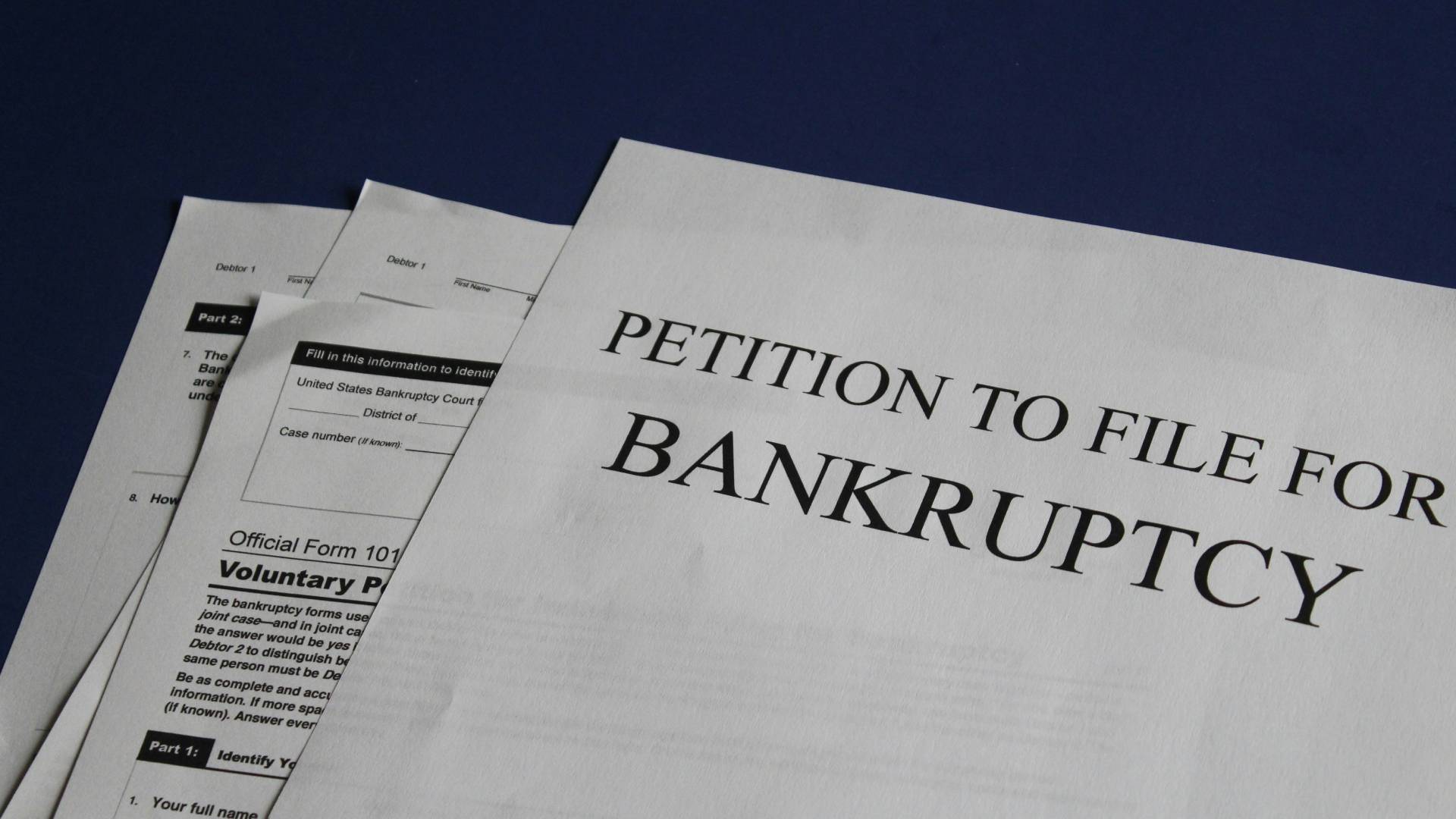Re BHS Ltd: Impact on Corporate Governance and Directors’ Fiduciary Duties
In a recent High Court case, Re BHS Ltd forever changed the landscape in terms of corporate governance and directors’ fiduciary duties for companies facing insolvency. Not only wrongful trading was established in this case, but the concept of misfeasant trading was also introduced.
Misfeasant trading occurs when directors acted in breach of their duties on the basis that a company should have gone into administration or insolvent liquidation earlier, had the directors complied with their duties.
A director’s duties are set out in the Companies Act 2006 at section 171 to section 176. According to these, directors must act within their powers; promote the success of the company; exercise independent judgment; exercise reasonable care, skill and diligence; avoid conflicts of interest; not accept benefits from third parties; and declare interests in transactions or arrangements.
BHS will mainly focus on the duty set out in section 172 of the Companies Act 2006, being to promote the success of the company and in particular, the duty to promote the success of the company for the benefit of its members as a whole.
The facts
In March 2015, the entire issued share capital of the BHS Group was sold and four people were appointed as directors of the four companies. Following such appointment, the directors engaged in various transactions with a view to restructure and finance the companies. Unfortunately, despite the directors’ actions to secure further funding, the four companies filed for administration in April 2016 and joint liquidators were appointed.
The joint liquidators brought claims in December 2020 against the four directors for wrongful and misfeasant trading.
The claims
Claim for wrongful trading
For a claim for wrongful trading to be successful, three conditions must be met according to section 214 of the Insolvency Act 1986:
- The companies had gone into insolvent liquidation;
- Before the commencement of the insolvency process, the directors of the companies knew or ought to have known that there was no real prospect to avoid going into insolvent liquidation (the date of knowledge); and
- The defendants were directors of the relevant companies at that time.
In this case, the court found that all three conditions were met. In particular, the judge found that the date of knowledge was 8 September 2015, when the directors authorised the companies to enter into a new finance arrangement which had high risks of prejudicing the companies’ creditors. This was seven months before the directors actually filed for administration.
According to the court, the directors could have had a defence if they could demonstrate that they took every step to minimise the loss to creditors from the date of knowledge. The court held that they had not done so in view of the risks they took with the restructuring process.
The court further held that the directors seeking legal advice on whether they could continue to trade carried little weight as a defence. It was reported that none of the professionals instructed advised that insolvency was inevitable. Moreover, the court held that notwithstanding seeking legal advice, the directors still had to exercise independent judgment which they had not in this case.
In view of this, the court held that the directors were each liable on a several basis for a 15% share of the amount by which the loss to the creditors got worse between the date of knowledge and the date on which BHS filed for administration.
Claim for misfeasant trading
In bringing this claim forward, the joint liquidators argued that by continuing to trade when the companies should have been in administration, the directors acted in breach of their duties pursuant to sections 171 to 176 of the Companies Act 2006.
According to the Companies Act 2006, directors are subject to various common law and statutory fiduciary duties. In particular, section 172 of the Companies Act 2006 creates a duty for directors to promote the success of the company for the benefit of its members as a whole.
In the usual course of business, the duty to promote would mean acting in the best interests of the shareholders. However, when a company is in financial difficulty, and entering the “zone of insolvency”, directors would have a duty to consider the interests of the creditors. These interests should then be the overriding concern as the financial situation worsens.
Contrary to a claim for wrongful trading, a misfeasance claim can arise at any time and it is not necessary to wait until there is no reasonable prospect of avoiding insolvency for section 212 to be engaged. Therefore, the date of concern does not necessarily have to be the date of knowledge. Instead, this could be any dates when the directors were expected to comply with their duties under section 172 of the Companies Act 2006 and in doing so, considering whether a transaction was in the best interest of the creditors.
In this particular case, the court found that the directors’ duty to consider the creditors’ best interests arose in June 2015. Although this was before the date of knowledge, and that at the time, insolvency was not inevitable, it was nevertheless sufficient for insolvency to be a probability.
Finally, the court advised that causation is still an important element when considering a section 212 claim where a director’s breach of duties was found to be the cause of the loss. In this instance, the directors approved transactions with payments made to the benefit of the shareholders and their related parties, or even payments which did not benefit the company.
The decision
Fortunately for two of the directors, the claim against one of the directors was adjourned and the other director settled the joint liquidators’ claims and therefore did not take part in the trial.
On the other hand, the other two directors were held personally liable by the High Court to pay at least £18 million to the joint liquidators.
The changes brought
In light of this decision, changes are made to the directors duties when companies are in the zone of insolvency. Re BHS Ltd prompted legislative changes and gave a reminder to directors of their legal responsibilities as well as the consequences for not complying with those responsibilities. This landmark case creates new law in terms of corporate governance and the importance of directors’ fiduciary duties.
As a consequence of this case, directors need to recognise when their company is in financial difficulty and keep clear records to show that they have exercised independent judgment and reasonable skill to make decisions. Directors cannot simply rely on legal advice they receive.
Finally, a mere hope to avoid insolvency is not enough of a defence to protect directors. Directors also have to carefully consider any transactions and keep in mind the shareholders’ interests, as well as the company’s creditors.
As a director, it is a great source of stress when your company is in financial difficulty. Our commercial team has a wide range of experience in advising on bankruptcy and insolvency matters and would be happy to assist both individuals and businesses with any issues.
For further advice and assistance, please contact our Commercial Solicitors on 01604 828282 / 01908 660966 or email [email protected]
Disclaimer: The information provided on this blog is for general informational purposes only and is accurate as of the date of publication. It should not be construed as legal advice. Laws and regulations may change, and the content may not reflect the most current legal developments. We recommend consulting with a qualified solicitor for specific legal guidance tailored to your situation.

Written by Christopher Buck
Associate Partner, Business Services at Franklins Solicitors LLP
Specialises in insolvency law for practitioners and funders, commercial contracts including IT and franchise agreements, dispute resolution through to High Court appeals, and intellectual property including trademarks, copyright, and confidential information.
Christopher Buck is an Associate Partner and Commercial Services Solicitor at Franklins Solicitors LLP. He joined the firm in 2005 after graduating from the University of Reading and the College of Law in Guildford, qualifying in 2007 and becoming an Associate Partner in 2012.
Christopher specialises in insolvency, commercial contracts, dispute resolution, and intellectual property. He acts for clients across sectors including IT, manufacturing, and recruitment, and has notable experience in high-value insolvency litigation and complex contract negotiations. He also advises on IP enforcement, trademarks, and e-commerce compliance.
Known for his attention to detail and pragmatic advice, Christopher is also involved in mentoring and recruitment at the firm, helping develop future legal talent.
Outside of work, Christopher enjoys music, supports MK Lightning ice hockey, and spends time with his two children.





